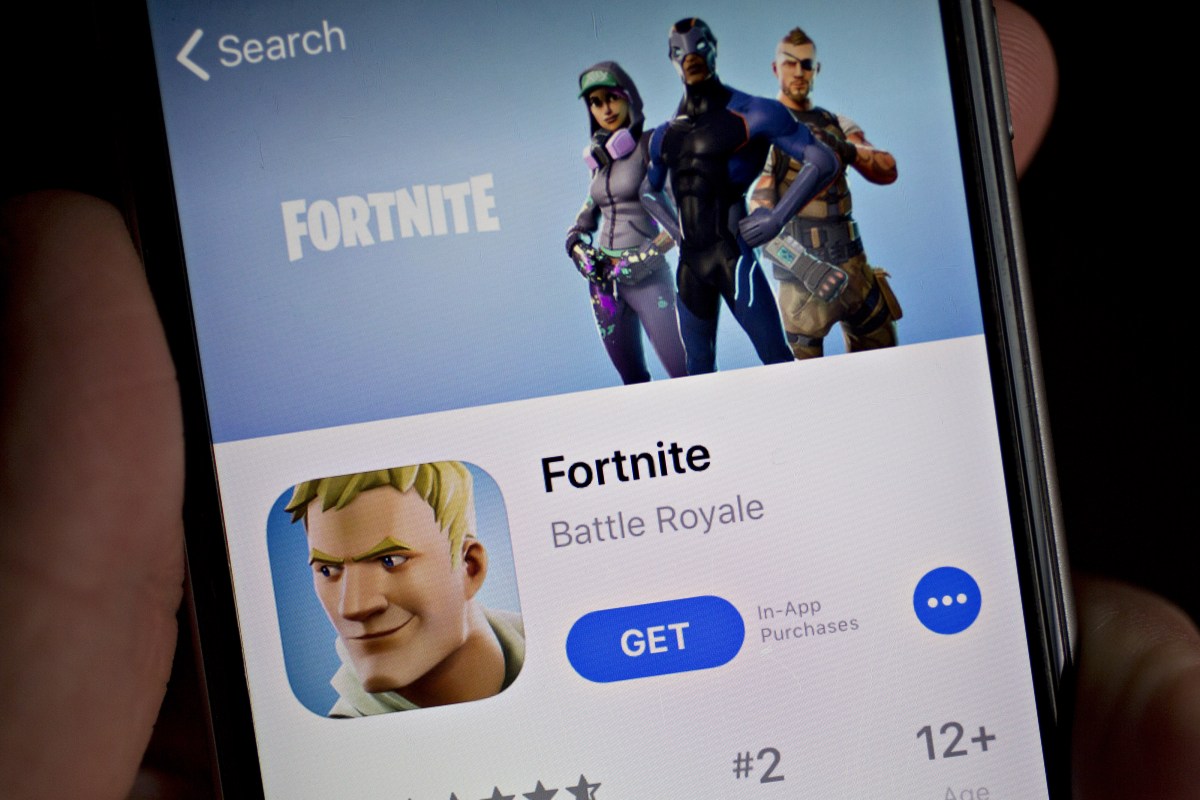

In a recent development that has attracted significant attention across the tech and regulatory landscapes, the European Union has initiated an investigation into Apple Inc.’s decision to terminate Epic Games’ developer account. This action could potentially breach three key EU regulations, raising concerns about Apple’s compliance with newly enforced digital laws within the bloc.
Epic Games disclosed that Apple had reversed its initial approval of the developer account last month, impeding Epic’s plans to launch its own app store, dubbed the Epic Games Store, on iOS in Europe. Additionally, this move has thwarted the anticipated relaunch of Fortnite on Apple’s platform. Epic Games has accused Apple of violating the European Union’s Digital Markets Act (DMA) by revoking its developer access.
Responding swiftly to this contention, a spokesperson for the European Commission mentioned that the body has sought “further explanations on this from Apple under the DMA.” The DMA, which started affecting Apple from midnight Brussels time on the date of the announcement, designates Apple as a “gatekeeper” owing to its significant market power, consequently subjecting its App Store, identified as a “core platform service,” to stringent operational requisites. These include allowing third-party app stores on its platform. Non-compliance with the DMA could result in severe penalties for Apple, including fines of up to 10% of its global annual turnover, which could escalate to 20% for repeated infringements.
Moreover, the European Commission is also examining Apple’s actions for potential conflict with two other significant regulations – the Digital Services Act (DSA) and the Platform-to-Business Regulation (P2B). The DSA, with parts already in effect for larger platforms since August 2023, mandates specific operational standards for platforms designated as very large online platforms (VLOP), with the full scope of its provisions being applicable since last month. Violations of the DSA could see Apple facing penalties amounting to 6% of its global annual turnover. As for the P2B regulation, enforced since 2020, it aims at enhancing platform transparency and prohibiting unfair practices, including sudden and unjustified account suspensions. Although enforcement of P2B regulation is left to member state authorities, it is believed that compliance with P2B rules could influence assessments under the DSA given overlapping scopes.
Amidst these regulatory challenges, Epic has alleged that Apple’s termination of its developer account is a retaliatory act against its critiques of the iPhone maker’s approach towards fulfilling DMA requirements. In response to these allegations, Apple issued a statement refuting Epic’s accusations, citing a US court ruling as justification for its decision to terminate Epic’s developer account. This ruling emerged from litigation that saw Epic Games suing Apple in the United States, accusing it of monopolistic practices related to its payment systems.
While the US court in September 2021 concluded that Apple does not hold a monopoly over digital mobile gaming transactions, it mandated Apple not to prevent developers from directing users to alternative payment methods outside the App Store. Although this was deemed a victory for Apple in the US, the scenario in the EU, governed by the DMA, demands that Apple allows third-party app stores and the distribution of software through third-party channels, presenting a stark contrast in regulatory environments.
Regarding the European Commission’s inquiry into its actions under the DMA, and concerns regarding compliance with the DSA and P2B, Apple stated that it has no further comments beyond its initial response, which defends its contractual right to terminate Epic’s account based on the US court’s ruling. Apple emphasized that the termination of Epic’s account applies globally, as its Developer Program License Agreements are internationally binding. Furthermore, Apple highlighted Epic Games’ ongoing legal battles against it in the U.S. and Australia, painting a picture of a broader conflict between the two companies beyond the EU’s borders.
Source






